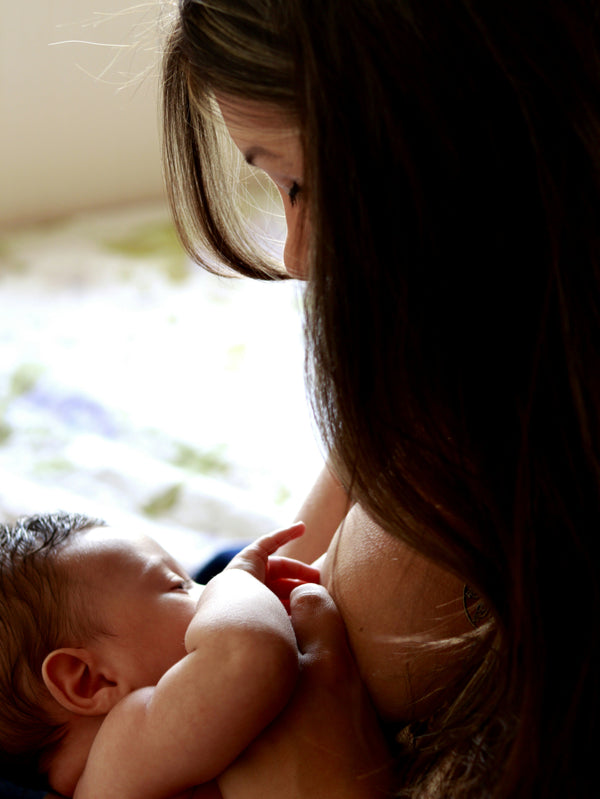In many European countries it is traditional to offer the mother some warming chicken soup, but this is unlikely to happen in the UK. This is why it’s important to plan and have plenty of good quality ingredients stored in the fridge and kitchen cupboards to tide you over the first few days at home.
“Although your diet in the third trimester should have helped to build up your energy levels, you will probably feel very hungry once you and your baby find time to rest after all of the excitement of her or his arrival.”
You will need a nutrition-packed, balanced diet to help the body heal. As your milk ‘comes in’ during the next few days you’ll need something warming, comforting and not too demanding to eat or to digest. What you eat after you have given birth may depend on the time of day (or night). There may be something that you crave in these first few hours, but remember that you should still avoid certain foods that may cause illness because of your lowered immune system.
If you have given birth at home, you may well be able to eat a good home-cooked meal, but in hospital that may be a little harder! However, you may at least be able to have a flask of warm soup or some fresh supplies. You will certainly need to drink plenty of fluids. Water and watered-down pure fruit juice are both hydrating and refreshing.
You will need to avoid becoming constipated in the next few days as your perineal region will be tender and you should avoid straining to pass stools, so a fresh smoothie made from a variety of fruits would be a good idea, along with any chunks of fresh fruit.


